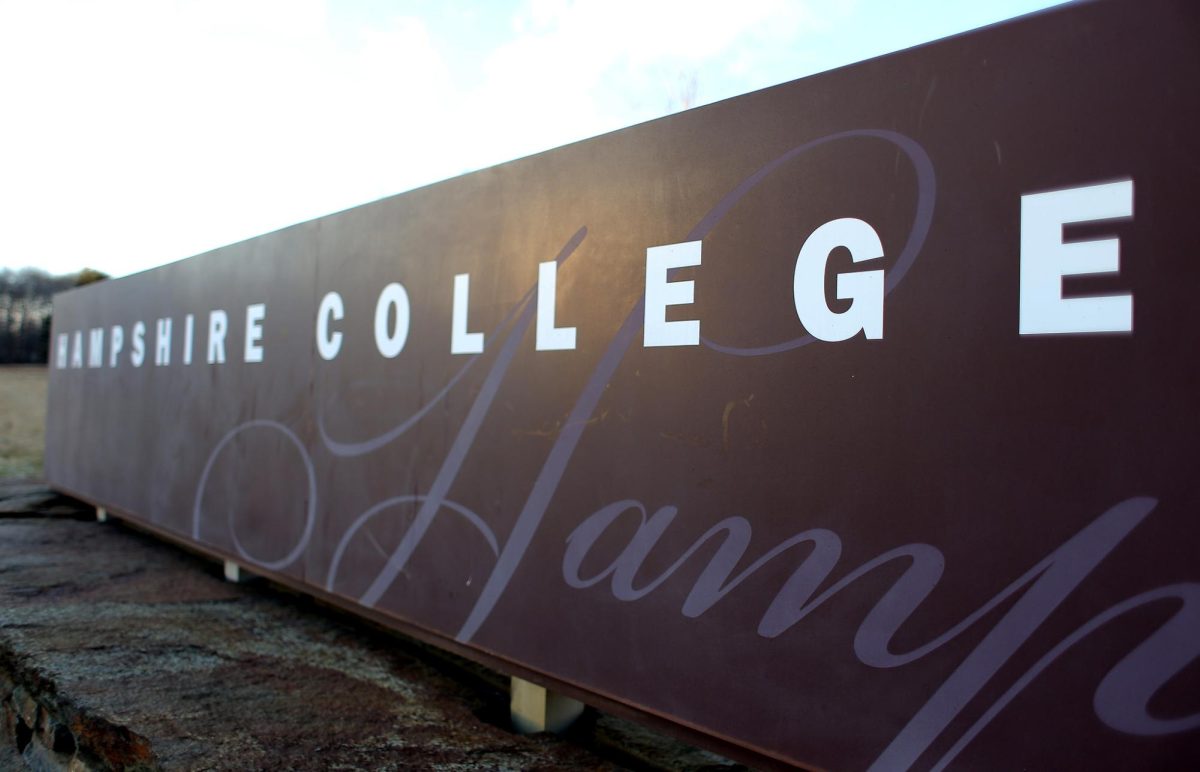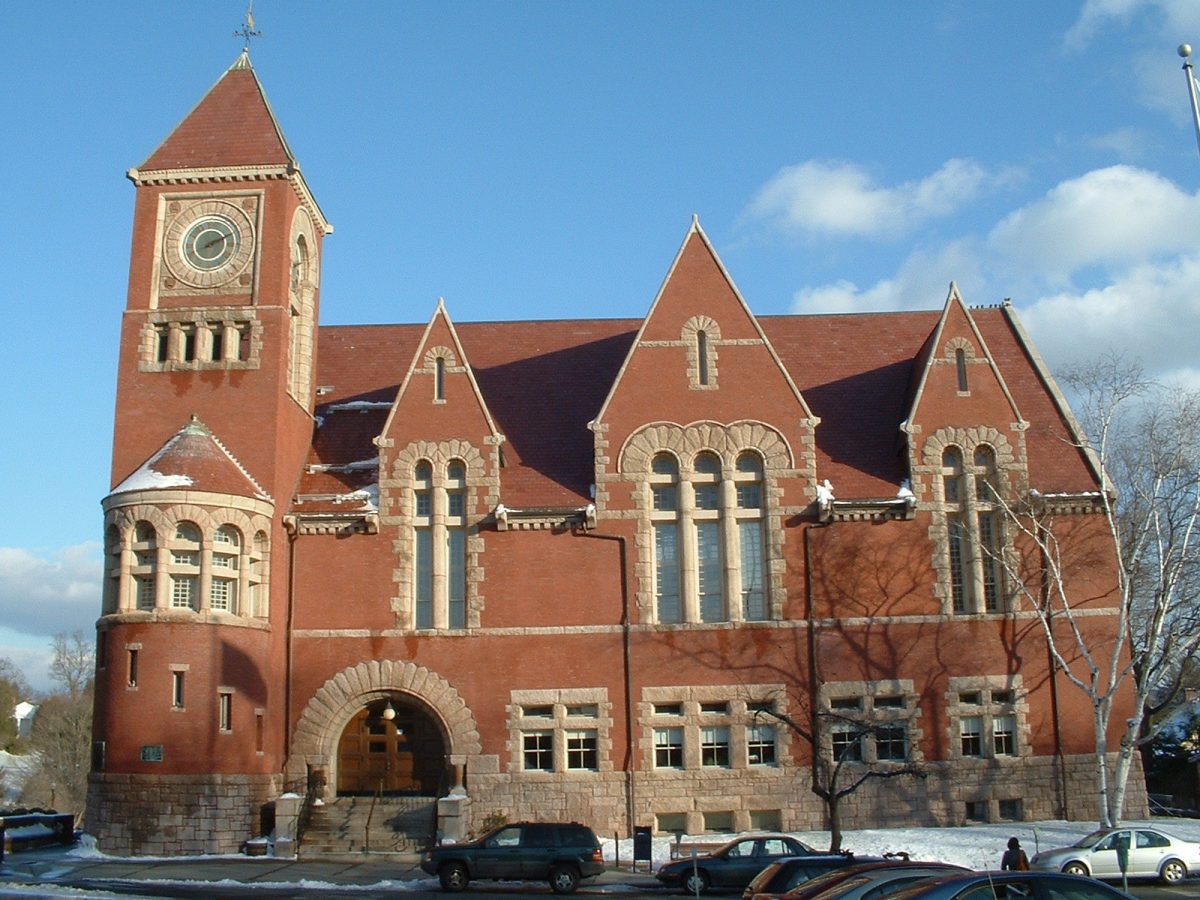The University of Massachusetts is in the final stages of repatriating the remains of 64 Native American individuals who were excavated in 1925 by F.B. Loomis, a professor of geology at Amherst College at the time.
The remains – which were transferred from Amherst College to UMass in the early 1980s – have been identified as belonging to the Muscogee (Creek) Tribe of Oklahoma, the Seminole Tribe of Florida and the Seminole Nation of Oklahoma.
The process for repatriating the remains began in the 1990s, when the University sent out letters to different tribes to find tribes who shared a group identity with the Native American remains.
It wasn’t until the 2000s that the conversation about the repatriation of the remains became serious, according to the Daily Hampshire Gazette.
The process for repatriation can be lengthy, and in this particular case, it took years to complete.
“You begin consulting with tribes, so it happens slowly,” Donna “Rae” Gould, American Indian repatriation coordinator at UMass, said. “It can happen in a six month period, it’s feasible, but we consulted with between 19 and 21 tribes, so that’s part of the reason why it took so long.”
The Native American remains are not on display at the University, but are located in the Anthropology department.
Native American remains are traced back to modern day tribes through cultural affiliation, so there cannot be absolute certainty that these are the correct tribes to return the remains to.
Robert Paynter, a UMass anthropology professor working on repatriation said, “It is not beyond a reasonable doubt. So what’s the chance? It met the standard of preponderance for the evidence.”
Gould said that it is difficult to find out which exact tribe remains originate from, because many tribes have moved or married into different tribes during the course of history.
In an official statement from George Tiger, the principal chief of the Muscogee (Creek) Nation, Tiger said that although there is no certainty of cultural identity, the tribe will make the necessary efforts to receive the remains and treat them in a respectful and appropriate manner.
The Native American Graves Protection and Repatriation Act (NAGPRA) was enacted in 1990 and was created to empower Native American tribes to resolve ownership issues in regard to human remains and cultural items held in museums and collections.
Although NAGPRA was enacted in 1990, Paynter said that UMass has been involved with repatriation since before then, in the 1980s. He said that the University has returned 83 individuals and 129 associated funerary objects, including these 64 individual human remains, to modern day tribes since they began.
“Our Native American studies program began in 1997, and we have worked closely with, and we’ve had a longstanding relationship with, the Native American tribes in the area,” Gould said.
Sherry Hutt, the program manager for the National NAGPRA program said that competing requests for claiming remains can lead to controversy, but most cases are resolved smoothly.
Although returning the Native American remains has been a difficult process, both Paynter and Gould said they were pleased with the result.
“Over all, it’s good,” said Gould. “I feel really lucky to be here.”
Editor’s Note: In an editing error, a photograph of Native American remains was published online with this article. The image was offensive, misrepresenting Native Americans and repatriation efforts. The Collegian apologizes for the image, and it has been removed from the website. The Collegian would like to aid in educating the community about these important issues and invites its readership to continue this dialogue on our editorial pages at [email protected].
Katherine Clark can be contacted at [email protected]



















Patricia Lilly • Mar 7, 2018 at 9:55 am
Well said Donna. Thank you for the work you and John have done on this subject.
Donna Moody • Mar 7, 2013 at 8:41 am
The article in the March 7 Daily Collegian on the recent repatriations of Native American remains is an excellent article. The accompanying photograph however is a most unfortunate and offensive choice. Furthermore, this photo has no relationship whatsoever with the repatriation mentioned or with any remains being held by UMass Amherst.
The University, Professors Paynter and Gould, and the Repatriation Committee would not have agreed to this image. Photographs of burials in situ or ancestral remains in collections is very offensive to most Native people and is disrespectful to our ancestors.
While The Collegian may have meant no harm is using this image, it was quite a shock to be greeted with it so early in the morning. I would suggest to the staff of the Daily Collegian that in future they seek approval of images accompanying articles from their interviewees before going to print.